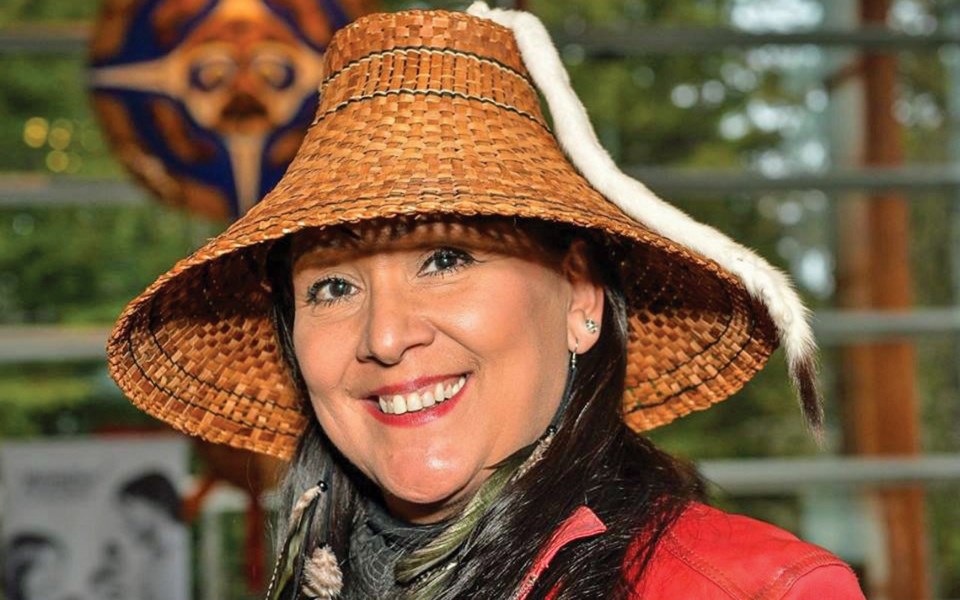When whistler's Linda Epp tells people about surviving the Sixties Scoop, a time when Indigenous children around Canada were forcibly removed from their families to be put up for adoption or into foster homes, she often gets a similar response.
"'Oh, what's that?' They don't know," she said. "People think that it happened hundreds and hundreds of years ago, or they don't know what they can actually do to help. So I think this conversation is vital to have in the community."
Epp, a Sechelt Nation member and long-time Indigenous activist, is leading the latest Vital Café panel talk, hosted by the Community Foundation of Whistler (CFOW), on Truth and Reconciliation. The event is scheduled for Wednesday, Sept. 18 at the Squamish Lil'wat Cultural Centre (SLCC).
Representatives from the Squamish and Lil'wat Nations, the SLCC, and WorkBC, where Epp also works, have been invited to attend. Epp said it's important to spark a community dialogue on how Whistler can better support efforts around Truth and Reconciliation at the local level.
"I think it's a big topic and people are scared to talk about it. They don't know how to go about talking about it or they don't know what they can actually do. I've seen that for years," she said. "I think Step 1 is attending this event and talking about it."
The organizer of Whistler's Sisters in Spirit Vigil, which pays tribute to Canada's missing and murdered Indigenous women and returns Oct. 4, Epp was inspired to invite WorkBC and other local employers after reading WorkBC's most recent business plan.
"We have a WorkBC location now in Lil'wat Nation at the Tszil Learning Centre and they're trying to include Indigenous people in the work and [recognizing] how important they are," she explained. "I think that a lot of local businesses can follow suit and think about what they can do in terms of including Indigenous people in the workforce."
But it's not just employers who should be part of the conversation, Epp believes, but the average citizen as well.
"What can people actually do? They can connect and communicate on a personal level with an Indigenous person or community in whatever aspect they can, in whatever way they feel comfortable," she said. "It's about actually just understanding being human and seeing the human behind the trauma that has happened in the past."
Epp's panel discussion is one of nine the CFOW will host by year's end. Libby McKeever, Vital Signs project coordinator, said the organization wants to "delve in a little bit deeper into some other topics that people really care about that keep bubbling to the surface."
The CFOW has already hosted Vital Cafés on topics including mountain ecology, climate change, poverty and food security.
The goal, McKeever said, is not to lead community action, but rather spark dialogue.
"Our mandate is to inspire others to pick up the gauntlet and go forward," she explained. "It's meant to basically inspire people so that we all can affect change, we can all do positive things."
The CFOW will also produce a series of podcasts featuring each past Vital Café host to discuss the topic at hand at greater length. The topics will be available online and will air on Whistler FM this fall.
"This is a way to keep [these issues] fresh in people's minds," McKeever said.
Vital Café: Truth & Reconciliation is free to attend and open to anyone. For more information, visit whistlerfoundation.com/vital-signs.




